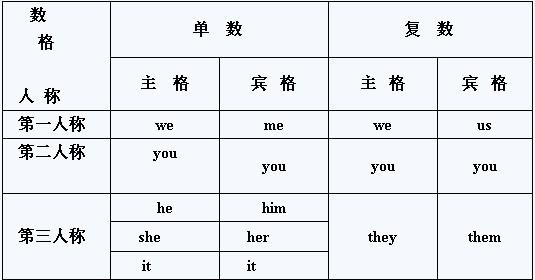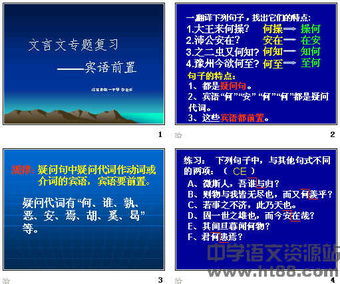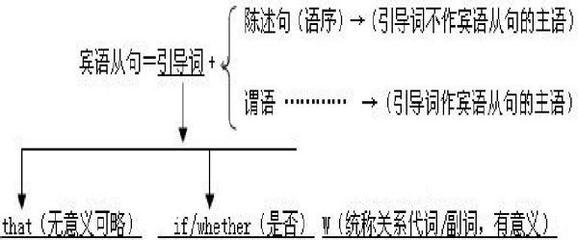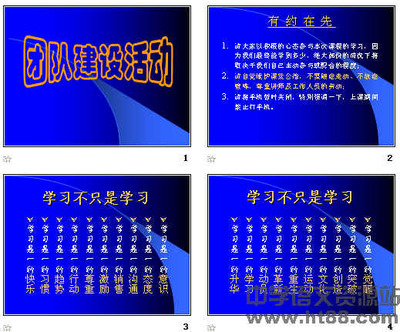当不定式(短语)、动名词(短语)或从句在某个句子中作宾语时,为保持句子结构平衡,避免句式结构的混乱,常用it作形式宾语,而将真正的宾语放在句尾。此时it仍只起先行引导作用,本身无词义。
下列四种情况须用it 作形式宾语:
① 当不定式(短语)、动名词(短语)或从句在复合宾语结构中作某些动词的宾语时(如think, make, find, consider, feel, suppose等);
e.g. They found it pleasant that they worked with us Chinese.
(他们发现与我们中国人一起工作很愉快。)
I don’t feel it difficult to understand the Special English.
(我觉得理解英语特别节目并不难。)
He makes it a rule never to borrow money.
(他立志决不向别人借钱。)
I think it no need talking about it with them.
(我认为没必要跟他们谈。)
② 某些表示“喜、怒、哀、乐”的动词,如like, enjoy, love, hate等,往往不能直接接宾语从句;

e.g. I don’t like it that he’s so lazy.
(我不喜欢他那么懒惰。)
I hate it when my mother asks me to eat eggs.
(我讨厌母亲要我吃鸡蛋。)
③ that引导的宾语从句不能直接作介词的宾语时;
e.g. You may depend on it that we shall always help you.
(尽管放心,我们会随时帮你的。)
Would you see to it that she gets home early?
(你负责保证她早到家,好吗?)
He insisted on it that he was innocent.
(他坚持说自己是无辜的。)
④ 由及物动词与介词组成的固定搭配中,宾语从句若作该动词的宾语时,须借用it。
e.g. I leave it to your own judgement whether you should do it.
(我让你自己判断这事是否该做。)
We owe it to you that there wasn’t a serious accident.
(多亏了你才没有发生严重事故。)
这样的还有take it for granted that...(认为...理所当然); see to it that...(务必...)等
看过“it用作形式宾语”的人还看了:
 爱华网
爱华网



